Speakers

VERKOR
Raphaële Thevenin
Head of sustainability
25.03.2025 – Morning
How can we develop batteries in a sustainable way

University College Dublin
Serena Cussene
Full Professor in Materials Chemistry
25.03.2025 – Morning
Designing Ni-rich cathodes for safer, longer lifetime batteries
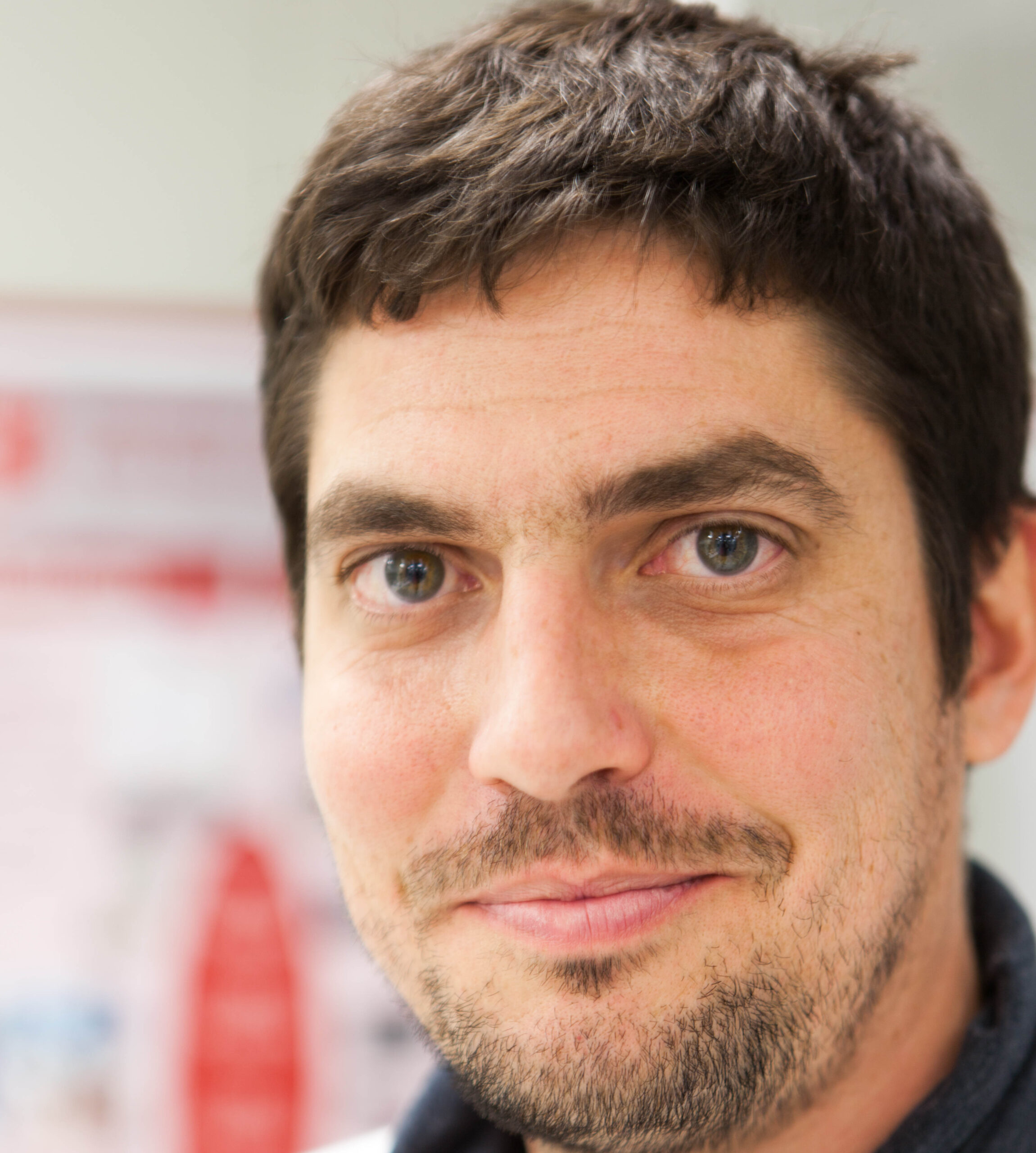
CEA
Loïc Simonin
25.03.2025 – Morning
Na-ion batteries: Should we / Can we do without Lithium ?
Loïc Simonin has been working as a research scientist and project manager at CEA-LITEN for 15 years, focusing on the development of new cathode and anode materials for both Li-ion and Na-ion batteries. He has served as a project leader in numerous initiatives involving industrial and academic partners. Notably, he coordinated the H2020 project NAIADES, which led to the establishment of TIAMAT, a spin-off company from RS2E specializing in Na-ion cell manufacturing.

LEPMI
Renaud Bouchet
Professor
25.03.2025 – Morning
Charge transport in composite polymer/ceramic electrolytes for all-solid-state batteries
Pr. Renaud BOUCHET is Professor in Electrochemistry and materials Science at Grenoble Alpes University (Institut Polytechnique of Grenoble-PHELMA) since 2012. Since 2022, he is the director of the joint Lab, Lithium & Interface Lab (Li2), between the LEPMI and the Blue Solutions company, for the development of the next generation of all solid state battery. He is also the responsible for PHELMA to setup (starting in 2023) the Grenoble Campus of Battery, formation project funded by the French Government coordinated by the Verkor company, to supply the battery industry, the operators, engineers and researchers necessary for their development. His main field of interest concerns the ionic charge transport and transfer trough divided materials (nanocomposite, nanostructured materials…) with numerous interfaces which find applications in electrochemical storage (electrodes, separators, etc). The aim is to analysis the relationships between composition, structure, microstructure and the electrical and electrochemical properties, to design efficient multifunctional materials based on polymers and/or ceramics for batteries.
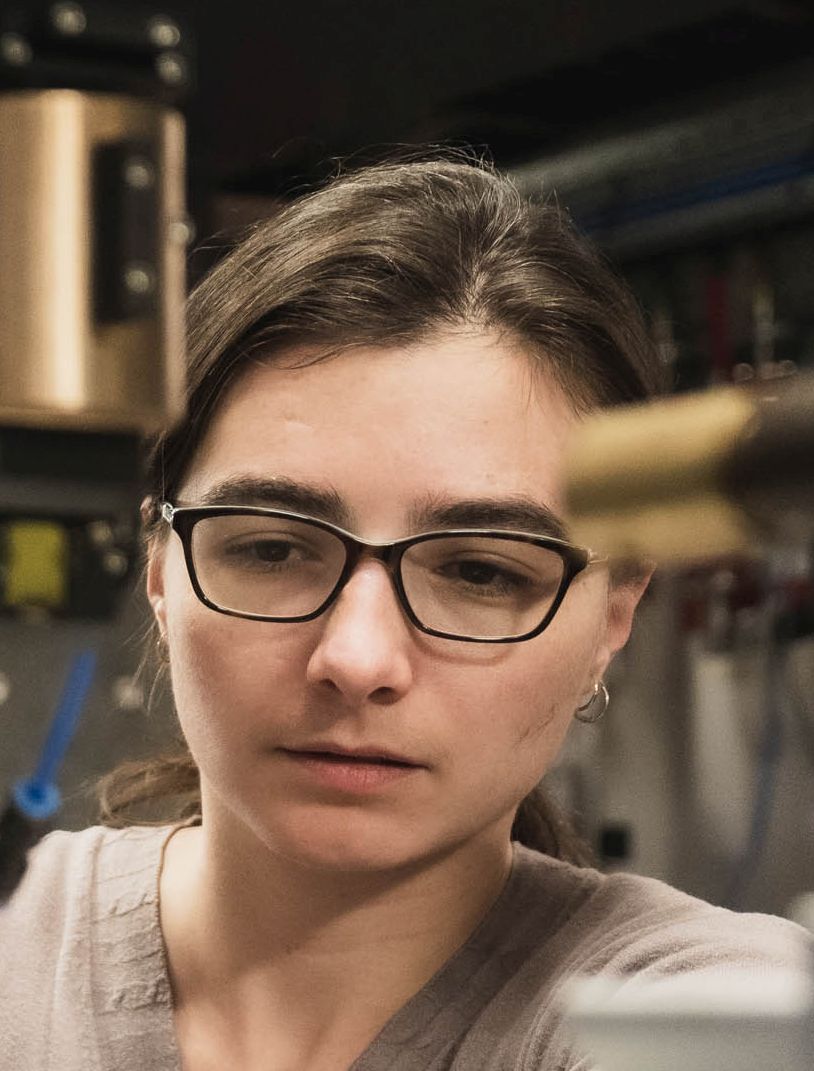
ESRF
Marta MIROLO
Scientist on the ESRF High-Energy Beamline for Materials Processing
25.03.2025 – Morning
Real-world battery characterization using synchrotron X-ray techniques
Dr Marta Mirolo is expert in X-ray diffraction and imaging with her science programme focussed on battery research and recycling of materials through her position as an Expert Advisor in the “ReMade@ARI” European project which provides access to some 50 research facilities, including ESRF, across Europe
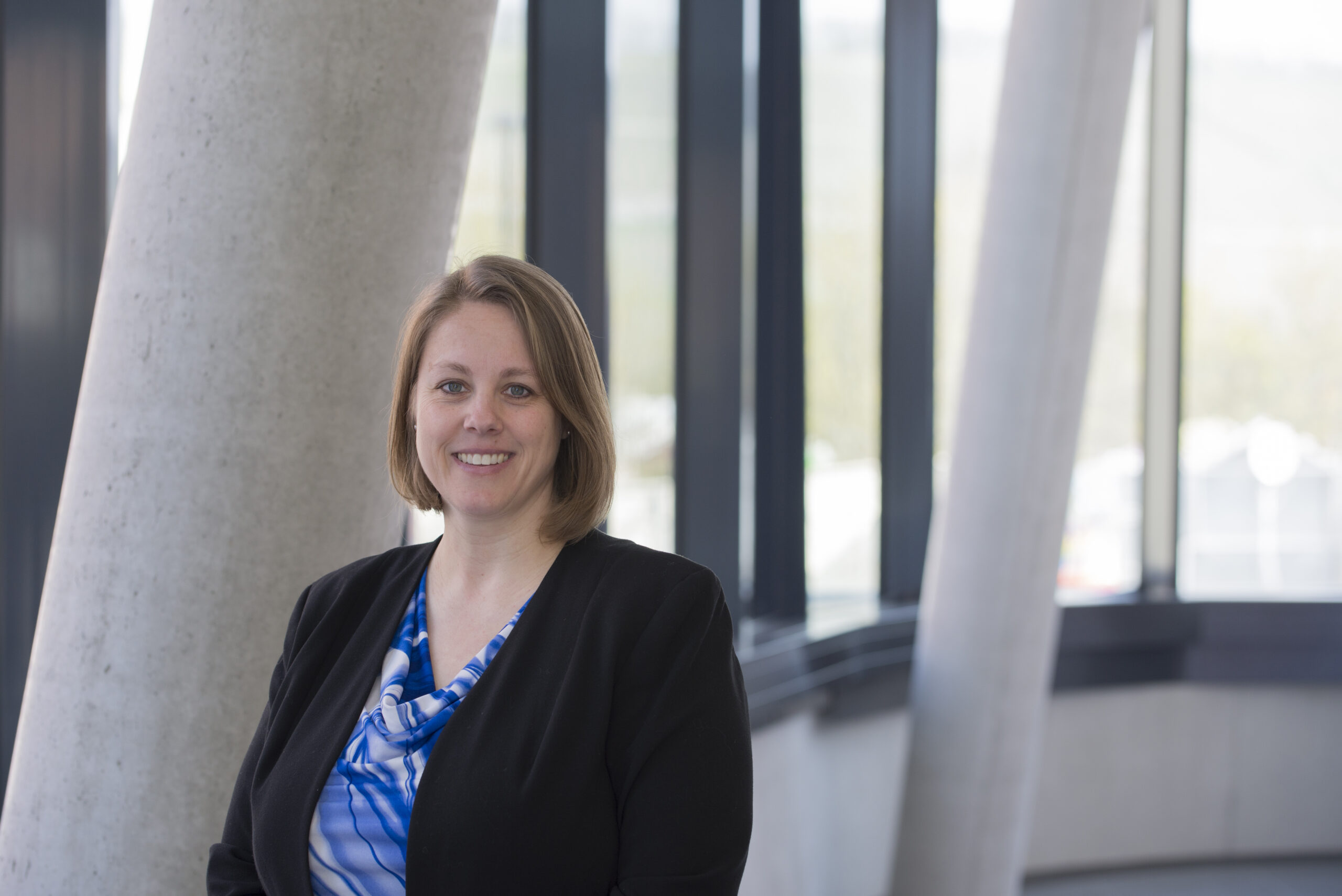
Fraunhofer ISC
Guinevere Giffin
Scientific Head of the Fraunhofer R&D Center Electromobility
25.03.2025 – Morning
Exploring the Impact of Materials Structure-Properties-Processing Relationships on Battery Performance
Guinevere Giffin is the Scientific Head of the Fraunhofer R&D Center Electromobility Bavaria at Fraunhofer ISC and is a Principal Investigator at the University of Würzburg. Since earning her PhD at the University of Oklahoma in 2009, Dr. Giffin has worked in the field of electrochemical energy conversion and storage at the University of Padova, MEET Battery Center at University of Münster and the Helmholtz Institute Ulm. Her research focuses on the elucidation of structure-property-process relationships of materials and components for lithium-ion, sodium-ion and solid-state batteries, supercapacitors and during battery recycling.
CNAM
Lowenshon Ella
PhD student
Innovation and environmentally friendly manufacturing processes for Li-ion batteries
ENSAM
Mamma Magui
PhD student
25.03.2025 – Morning
Enhancing thermal management of batteries for electric vehicles
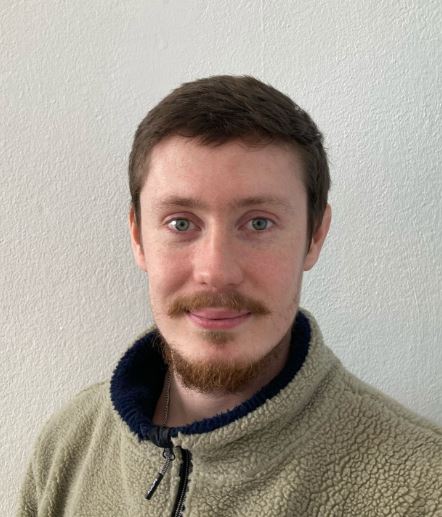
LEPMI
Deniger Bertrand
PhD student
25.03.2025 – Morning
Thermotropic Ionic Liquid Crystals: Stimuli-responsive electrolytes for smart batteries
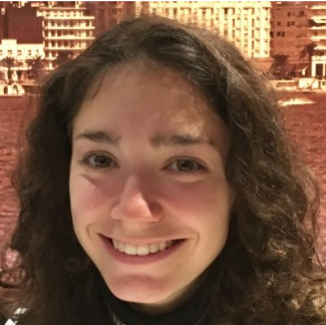
LG2P
Luneau Julie
PhD student
25.03.2025 – Morning
Adaptation of a paper surface functionalization driver for the manufacture of a negative battery electrode
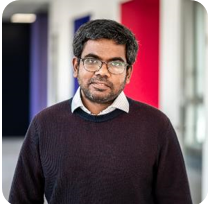
VERKOR
Christober Raj
Head of digital
25.03.2025 – Afternoon
Digitalization of battery manufacturing”, state the challenges involved and how we solve it
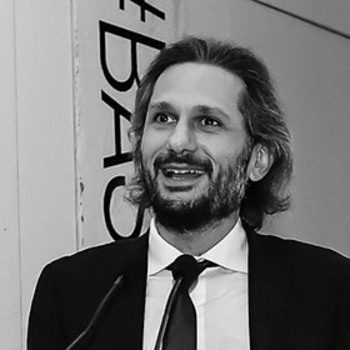
POLIMI
Marcello Colledani
Professor
Digitally-enhanced zero-defect manufacturing methods
Marcello Colledani is Full Professor at the Mechanical Engineering Department of Politecnico di Milano. He has carried out research activities at the Laboratory for Manufacturing and Productivity (LMP) of the Massachusetts Institute of Technology (MIT). He is Fellow Member of the CIRP, the International Academy for Production Engineering. He is coordinating several european projects and is among the funders of the European Cluster on Zero Defect Manufacturing 4ZDM. He is the coordinator of the Regional working group on “De-and remanufacturing for Circular Economy”, within AFIL, the Lombardy Region Cluster on Intelligent Factories.

VERKOR
Akash Basia
Knowledge Engineering Lead
25.03.2025 – Afternoon
Battery Manufacturing Knowledge Graphs : Unlocking Actionable Insights
Akash holds a PhD. at the intersection of Li-ion batteries, AI & Sustainability. At Verkor he is building a next-generation data platform that capitalizes on the semantic stack a.k.a Data Fabric.
Experienced in the field of:
• Battery Research & AI
• Deploying the end-to-end semantic stack.
• Hands-on experience with the COTS semantic platform (Stardog, Ontotext)
• Semantic Modelling (Property Graphs, Ontology, Inferences )
• In-depth understanding of data models of the legacy systems (MES, ERP, LIMS) in the context of manufacturing.
• Specialized in the field of machine learning applied to battery degradation modelling.
Research Field: Knowledge Graphs, Data Governance, Ontology, Unified Namespace based IOT platform, Circular Economy, Sustainability, Li-ion cell manufacturing.
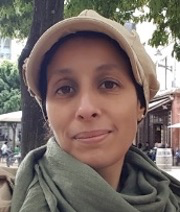
Le CNAM
Nada Mimouni
Associate professor
25.03.2025 – Afternoon
Cybersecurity threats on battery cell manufacturing leveraging Ontologies and Knowledge Graphs
Nada Mimouni holds an Engineering degree in Computer Science from the University of Tunis El Manar, an M.S. from Nancy II University, and a Ph.D. from Sorbonne Paris Nord University. Since 2019, she is a lecturer in Computer Science at the Conservatoire National des Arts et Métiers (CNAM) in Paris. Prior to her role at CNAM, she worked as a postdoctoral researcher at Télécom Paris and Paris Dauphine University. Nada participates in several French and European projects, including Safecare, which focuses on enhancing cybersecurity for cyber-physical infrastructures, and Data&Musée, which utilizes semantic web technologies to improve access to cultural heritage data. She was also involved in the Governance Analytics project as part of the Interdisciplinary and Strategic Research Initiatives (IRIS) program, led by Paris Sciences et Lettres (PSL) Research University. Her research interests encompass knowledge representation, ontologies, the semantic web, hybrid neuro-symbolic AI, with a particular emphasis on text analysis. Applications of her work span cybersecurity, medical data, cultural heritage, and law. Her research aims to connect fundamental theoretical questions with practical applications, promoting interdisciplinarity collaboration and thematic mobility.
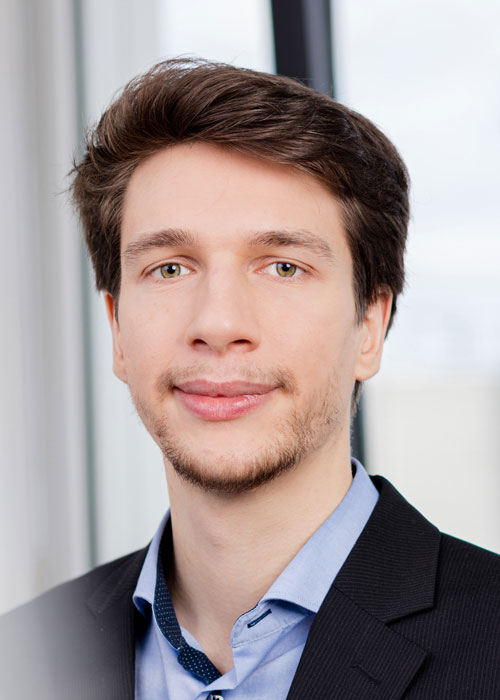
Fraunhofer Research Institution for Battery Cell Production FFB
Tom Hülsmann
Data scientist
25.03.2025 – Afternoon
Digital Twins in Battery Cell Production, from Theory to Practice
LINEFACT
Ouarab Sarah
PhD student
25.03.2025 – Afternoon
Affordance in safe human robot interactions based on multimodal perception for intelligent manufacturing systems
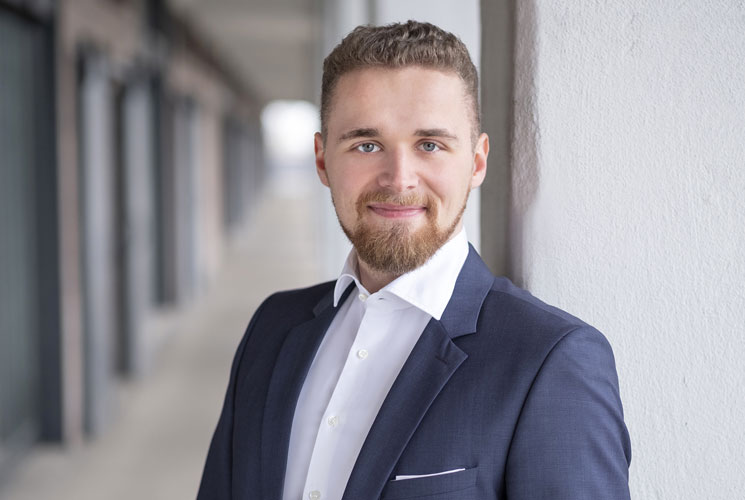
Fraunhofer Research Institution for Battery Cell Production FFB
Wilhelm Jaspers
PhD student
25.03.2025 – Afternoon
Automated Digital Integration of Equipment and Machinery in Battery Cell Manufacturing

VERKOR
Rajapandian Rajagopal
Recycling project manager
26.03.2025 – Morning
The EU’s battery recycling needs and opportunities
Eng. Rajapandian Rajagopal is a seasoned Electrochemist with over a decade of experience in industrial metal recycling. He has developed process technology for various waste streams, including those from the semiconductor industry, magnetic storage industry, mine tailings, and batteries. Currently, he is working with Verkor in the battery recycling industry, focusing on establishing a closed-loop recycling process for battery production scraps. His deep expertise and strong business and operational focus make him a key figure in industrial recycling.
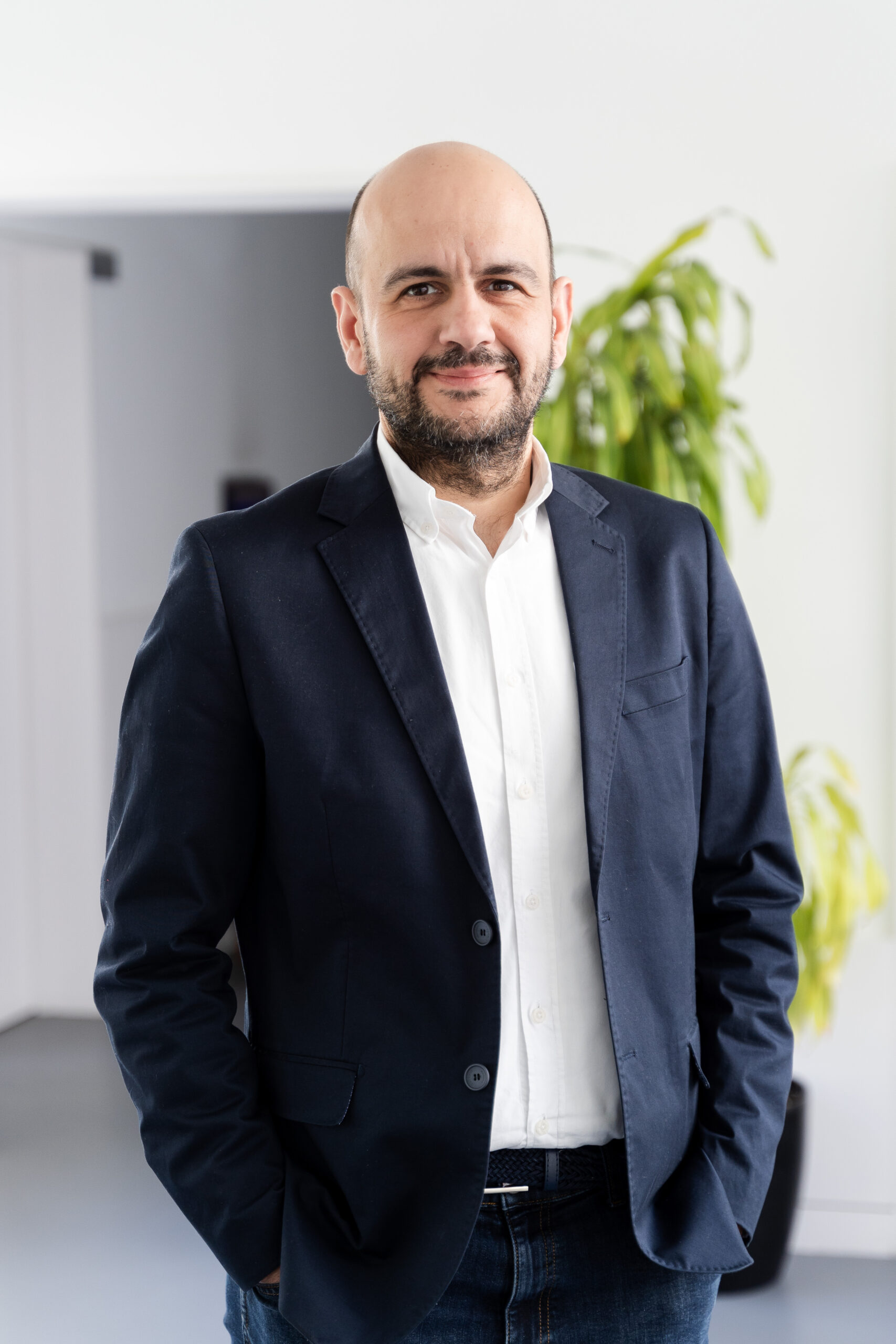
INEGI
Luis Oliveira
Research coordinator
26.03.2025 – Morning
Battery second life before recycling? – Paradigm answers for value extraction in the European battery sector
Luis Miguel Oliveira is an accomplished professional with expertise in innovation, business development, and project coordination. He currently leads the Horizon Europe project REINFORCE and oversees INEGI’s participation in multiple EU-funded initiatives in fields such as energy storage and digitalization. With over €17.7 million in funding secured, his career spans technical leadership, strategic project management, and impactful research contributions. Holding a PhD in Engineering Sciences and an MBA, he combines technical expertise with strategic insights to drive innovation and deliver results.
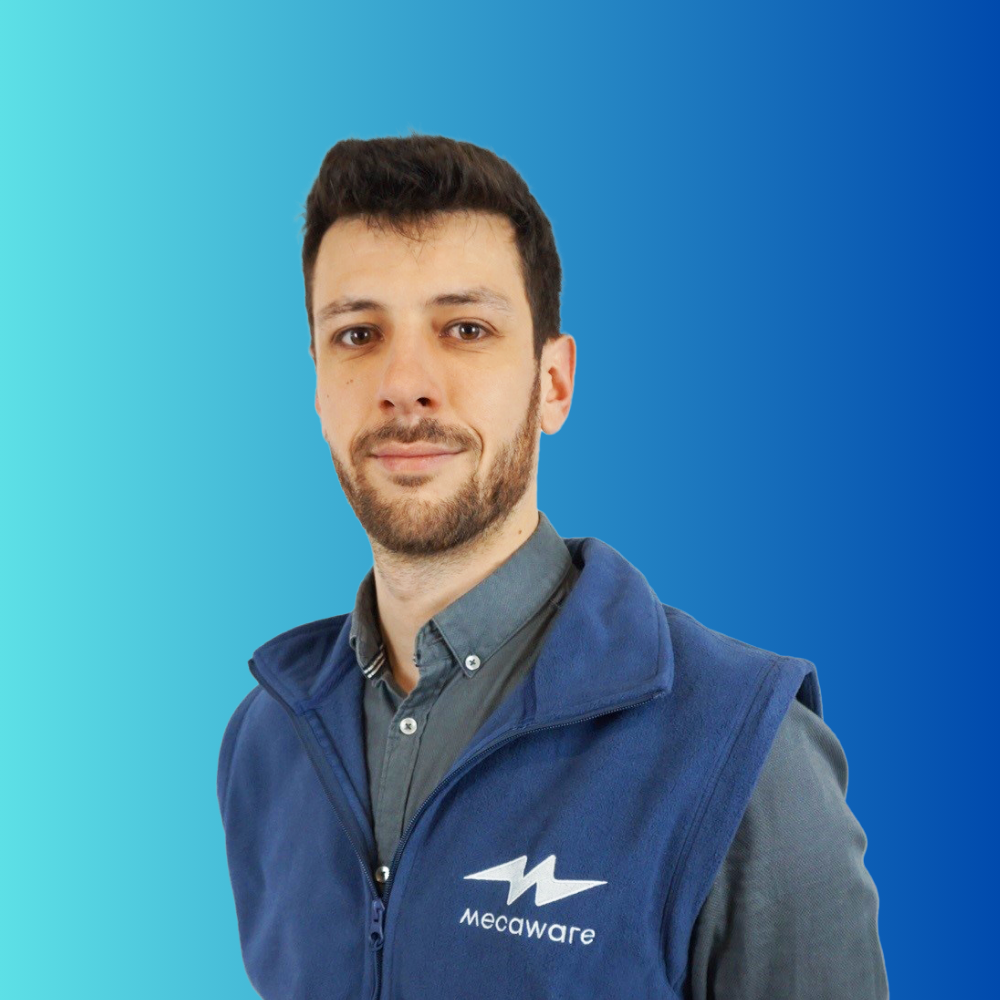
Mecaware
Maxime Ducreux
Scientific Development Engineer
26.03.2025 – Morning
Towards a sodium sulfate free batterie recycling value chain
Maxime Ducreux is an engineer who graduated in 2019 and earned his PhD in 2024 from University Lyon 1.
His doctoral research, conducted within Professor Julien Leclaire’s team, focused on the use of CO₂ capture agents as selective extractants for lithium-ion battery recycling.
Over these three years, his work led to three patent filings, two of which were co-developed with Allan Hatton’s team at MIT.
Today, as an R&D engineer at Mecaware, he applies his expertise in dynamic systems to develop and optimize eco-efficient hydrometallurgical processes.

CEA
Antoine DRIANCOUR
Researcher
26.03.2025 – Morning
Challenges of the deactivation of EV LIB for the recycling process
Antoine Driancourt holds a Master’s degree in Energy Engineering from both IMT Atlantique and Centrale Nantes, earned in 2017. After five years in Germany with Veolia, where he focused on developing battery and photovoltaic module recycling activities, Antoine joined CEA in 2022. There, he leads industrial and institutional projects aimed at advancing innovative battery recycling concepts.
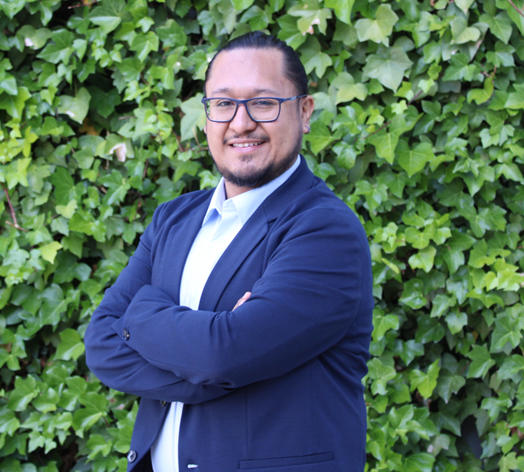
LEITAT
Angel Manuel Escamilla Perez
Senior Researcher
26.03.2025 – Morning
BATRAW: Electrochemical lithium recovery as a selective approach for Li-ion batteries waste treatment
Angel Escamilla, PhD from Montpellier University (France), has a Material Engineering background and has been working on the energy storage and environmental field since 2014. He joined Leitat Technological Center in 2022 as a Senior Researcher. His previous experience was focused on the synthesis of active materials (anode and cathode) for Li- and Na-ion battery applications. Now he leads the Battery Raw Materials unit, as Principal Researcher, whose main activities consist of the development of materials for the next generation of batteries and recycling technologies from battery pack dismantling and black mass treatment to critical raw material recovery. His team is currently involved in National and European initiatives for both topics, such as BATRAW and AM4BAT Leitat coordinations.

LEPMI
Lenka Svecova
Associate professor
26.03.2025 – Morning
Closed-loop recycling of cathode active material approach
Ph.D. in environmental science and technology from the École des Mines de Saint-Étienne (France) and the University of Chemistry and Technology in Prague (Czech Republic) in 2007.
– Since 2008 – Associate professor at the Laboratory of Electrochemistry and Physical Chemistry of Materials and Interfaces in Grenoble (LEPMI) / Phelma Grenoble INP.
– Research work focused on the recycling and recovery of critical metals and on life cycle impact assessment.
– 30 articles and supervision of 10 Ph.D. theses.
ENSAM
Millet Edouard
PhD student
26.03.2025 – Morning
Valorisation des communs négatifs issus de la transition énergétique
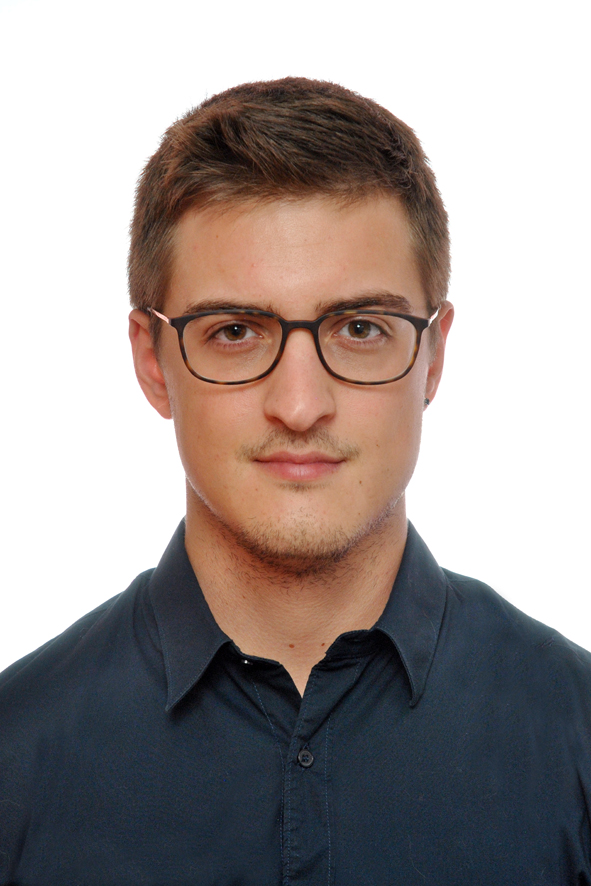
POLIMI
Matteo Fervorari
PhD student
26.03.2025 – Morning
Battery disassembly and mechanical pre-treatment for recycling
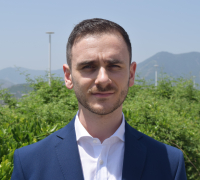
CEA
Roberto Barbano
PhD student
26.03.2025 – Morning
Understanding of chemical and catalytic mechanism of oxidative precipitation process applied for the lithium-ion batteries metals recovery

IFPEN
Louis-Marie Malbec
Économiste-Prospectiviste
27.03.2025 – Morning
Matériaux critiques dans la transition énergétique – application à la mobilité électrique
Louis Marie Malbec est Économiste-Prospectiviste à IFP Énergies nouvelles. Il est diplômé de l’Ecole Polytechnique et Docteur en Energétique et Environnement (Université d’Orléans). Il travaille sur les questions de prospective énergétique, avec une spécialisation sur le déploiement d’une économie de l’hydrogène et sur les besoins en ressources minérales de la transition énergétique. Il est également expert à l’Observatoire des ressources minérales pour les filières industrielles (OFREMI).